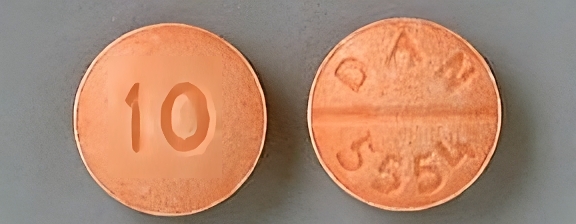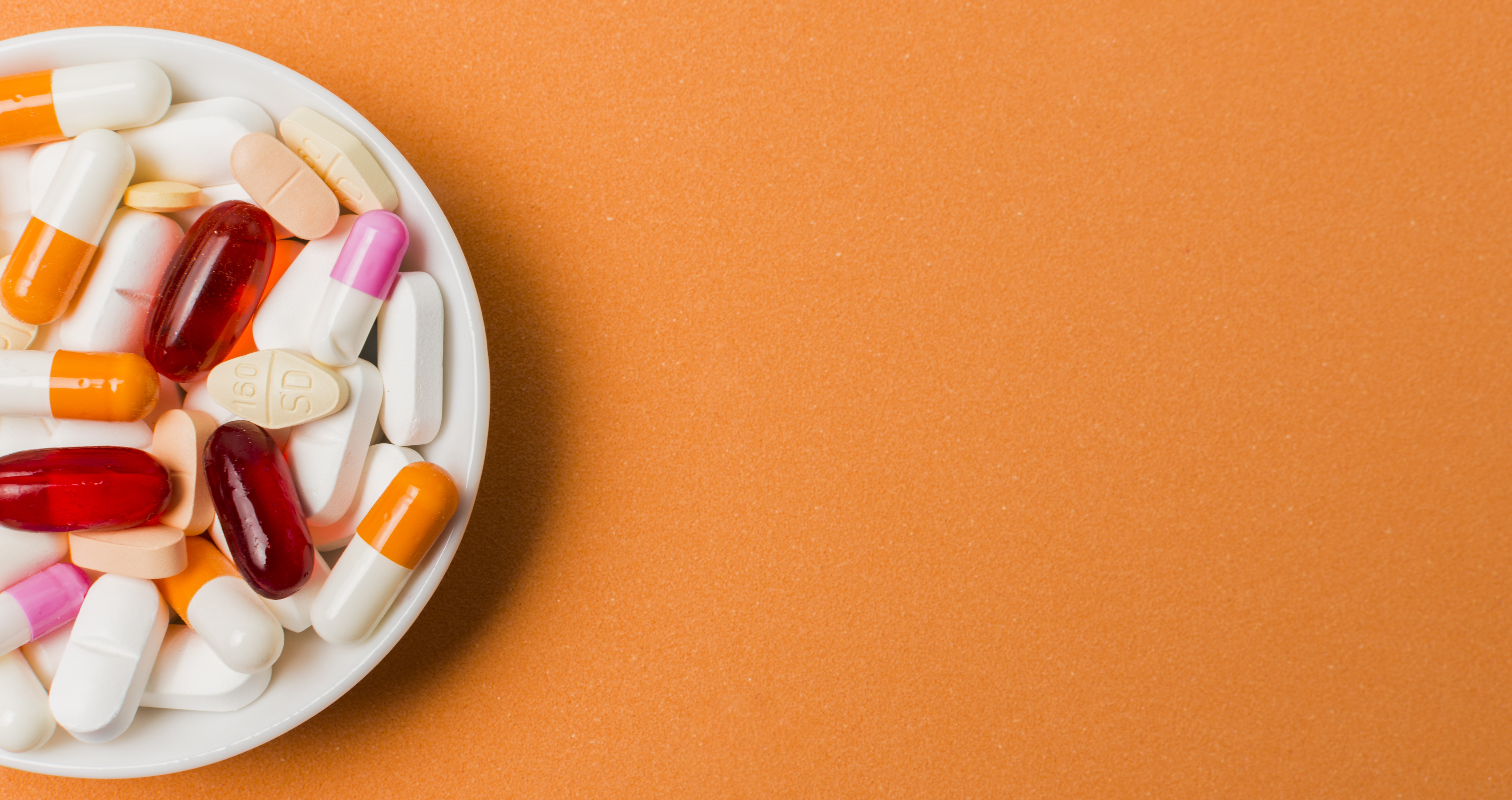Propranolol for Anxiety: Unveiling a Potential Solution
Anxiety, a common mental health concern, casts a shadow over the lives of many individuals. As the search for effective treatments continues, propranolol for anxiety emerges as a potential solution that piques the interest of both medical professionals and those seeking relief. This article delves into the world of using propranolol for anxiety management, exploring its mechanism of action, potential benefits, considerations for use, potential side effects, and its role within the realm of anxiety treatment approaches.

Understanding Anxiety and the Quest for Relief
Anxiety disorders encompass a spectrum of conditions marked by persistent worry, fear, and unease that can disrupt daily life. Amidst the range of interventions available, the concept of propranolol for anxiety garners attention as a possible avenue for alleviating symptoms. This medication offers a different perspective, targeting the physical manifestations of anxiety.
Propranolol for Anxiety: Mechanism and Potential Benefits
Propranolol is a beta-blocker, typically used to manage cardiovascular conditions. However, its potential benefits in anxiety management arise from its ability to block the effects of adrenaline. This mechanism of action can lead to reduced physical symptoms of anxiety, such as rapid heartbeat and trembling. The notion of using propranolol for anxiety reflects its potential to address anxiety from a physiological standpoint.
Efficacy and Considerations for Use
Research and clinical experience suggest that propranolol for anxiety can offer relief for certain anxiety-related symptoms. Individuals with performance anxiety or situations where physical symptoms play a significant role may find this medication beneficial. However, it's important to note that the effectiveness of propranolol for anxiety can vary, and it might not be a suitable option for all anxiety disorders.
Potential Side Effects and Monitoring
Like any medication, propranolol for anxiety comes with potential side effects. These may include fatigue, dizziness, and decreased blood pressure. Close monitoring by healthcare providers is essential to ensure that the benefits of propranolol for anxiety outweigh potential risks and side effects.

Appropriate Dosages and Integration with Other Approaches
Determining the appropriate propranolol for anxiety dosage requires careful consideration by healthcare providers. It's also important to note that propranolol addresses physical symptoms rather than the emotional aspects of anxiety. As such, it's often used in conjunction with other interventions, such as therapy, to provide a comprehensive approach to anxiety management.
Navigating the Role of Propranolol for Anxiety
Propranolol for anxiety presents a unique perspective on managing anxiety symptoms by targeting their physical manifestations. Its potential benefits in situations like public speaking or performance anxiety have captured the attention of those seeking relief. However, the decision to use propranolol for anxiety requires collaboration with healthcare professionals who can guide individuals toward informed choices based on their specific needs and the nature of their anxiety.
Conclusion: Embracing Propranolol for Anxiety Management
The concept of using propranolol for anxiety offers a new dimension in the quest to manage anxiety symptoms. While it may not address all aspects of anxiety disorders, its potential to alleviate physical symptoms holds promise for certain individuals. Engaging in open conversations with healthcare providers is pivotal in navigating the potential benefits and considerations of propranolol for anxiety, ensuring that individuals make choices that align with their unique circumstances and overall well-being.